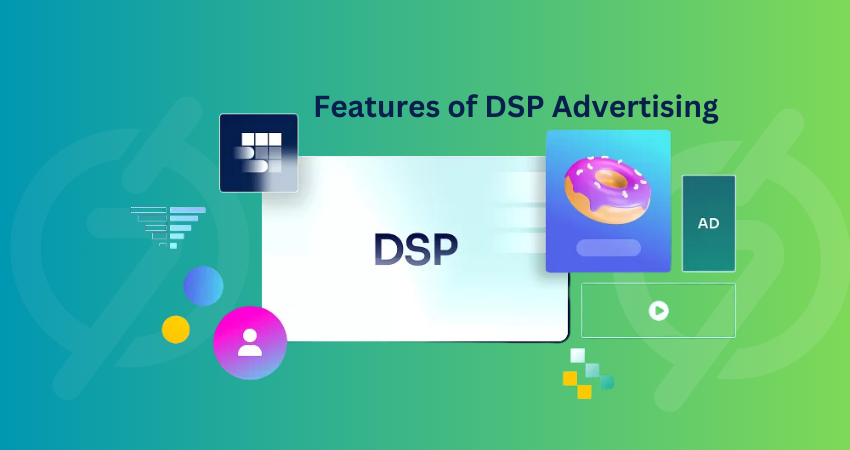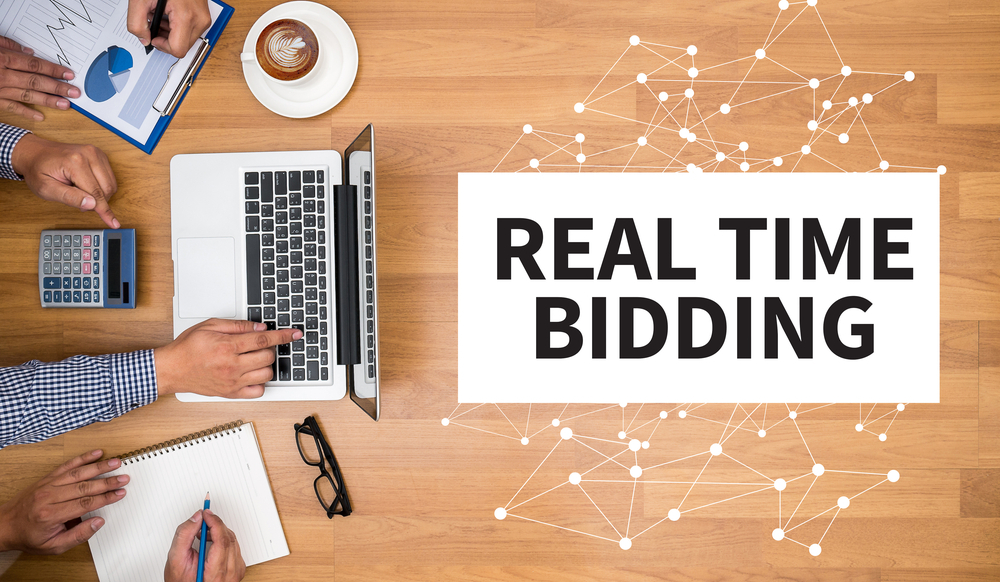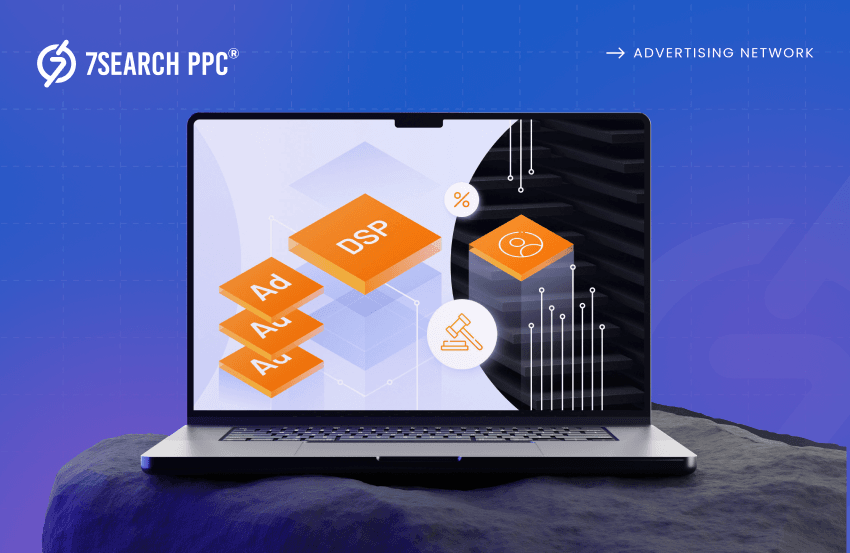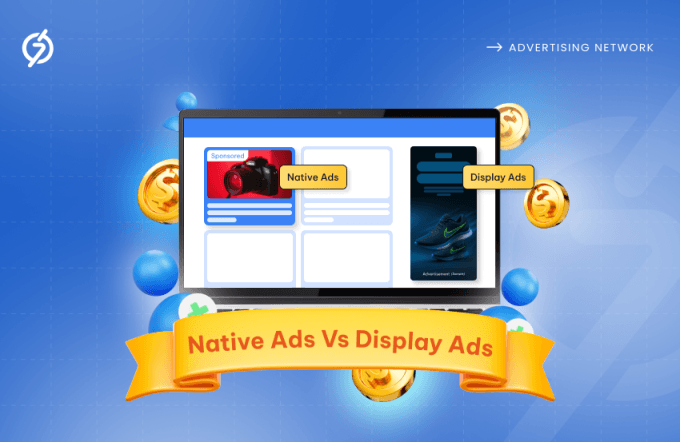When we ask you to describe digital advertising in one word, most of you will say “impactful.” Yes, it is, but have you ever considered how this impact can be achieved? It happens through the successful process of ad buying and selling.
From the publisher’s side, there are SSPs (Supply-Side Platforms) that sell their ad inventory and maximize revenue. But what about the advertisers? Do they have platforms that simplify their media buying processes? There are DSPs (Demand-Side Platforms) that make media buying easier by allowing advertisers to automate and optimize their ad purchases across multiple channels in real-time. This is how DSP advertising works for advertisers and marketers.
So, if you are looking to access countless ad spaces across the internet in real-time, target audiences with precision across devices and formats, and consistently make your business visible, this blog is the perfect guide. It will help you understand DSPs, including their benefits, key features, and more.
DSP Advertising: Where Advertising Becomes Easy
What if we told you that you don’t need to go anywhere to buy ad space? You can get your ad space according to your demand! You might wonder how this is possible. Readers, it’s time to kick traditional approaches and outdated thinking to the curb and embrace a digital, time-saving approach: DSP advertising.
This is a smart technology that allows advertisers to buy digital ad space in a more efficient way. It automates and simplifies the process of purchasing ads across various platforms, which helps advertisers reach their target audiences effectively.
With DSPs, advertisers can set specific criteria, such as demographics or interests, to ensure their online ads are shown to the right people. This helps in maximizing the effectiveness of their online ad campaigns while reducing ad costs. Overall, DSP advertising makes it easier for marketers to connect with potential customers online.
The Perks of DSP Advertising
In earlier times, advertisers faced significant hurdles in their digital advertisement journey. However, with the launch of MediaMath, the first Demand-Side Platform (DSP) in 2007, the lengthy processes of ad space buying and successful advertising were simplified. Here are some key benefits of DSP advertising that advertisers enjoy, and you will too, once you partner with DSPs:
Quick and Efficient Process
Days are gone when advertisers used to manage Excel sheets, PDFs, and other digital and non-digital documents just for the sake of advertising (traditional or digital).
Now, the time has come for advertisers or media buyers not to need to look through all the long procedures; they can just click a single button in a few steps, streamline their ad campaigns, and access real-time data effortlessly.
This efficiency saves time, money, and effort in managing ad campaigns, allowing advertisers, media buyers, and marketers to concentrate on improving their online ads instead of dealing with paperwork. When advertisers have time, they can utilize it to create more effective strategies for promoting their business.
Low Cost Advertising
If we ask you, as an advertiser, what you look for when buying ad space, you will surely say that you look for a low CPM or CPC rate without compromising the quality of traffic.
Not only you but every advertiser will want this because there are other expenses as well, and the advertiser will manage all these. To keep the cost in mind, the best option for advertisers is to shake hands with DSPs because they offer low-cost advertisements to them.
As DSPs work on the auction-based process, they open up cost-saving opportunities for advertisers. Instead of paying higher prices for ad impressions directly from sellers, advertisers can benefit from auction-based pricing.
For instance, an impression that might typically cost $4 when purchased directly could be available for just $2.50 through a DSP (This is only an example. The actual price might fluctuate according to the level of competition in an auction.)
Fast-Results Like a Thunderbolt
The demand for DSP advertising is increasing every year. According to a report by GlobeNewswire, the global market size of DSPs was $5558.1 million in 2020, and it is estimated that it will reach $38000 million by 2027.
The primary reason for the high usage of DSPs is their quick and precise reporting to advertisers. Once advertisers create their ad campaigns and make them live, they can quickly access key performance metrics. Within just a few hours, you’ll see crucial data like:
- Impressions,
- Clicks,
- Conversions,
- Sales.
For instance, you can track where digital ads are running, which ads are performing best, how much revenue each ad generates, and more. This immediate and accurate feedback helps you understand user behavior, and you can improve your ad campaigns to deliver exactly what users like.
Some DSPs also offer in-depth insights in the numeric and with the proper graphical representation, which can make it easy for advertisers to look at and understand the performance of their ad campaigns.
The Expanded Reach That You Need
DSP advertising lets you reach a large audience by using different ad exchanges from one platform at the same time. Isn’t that amazing? It is. This means you can look for many ad placements at the same time, helping you find the best places to show your ads to the right people online.
With DSPs, you won’t miss out on valuable advertising opportunities, ensuring your brand achieves maximum visibility across different digital spaces. This expanded reach can significantly add value to your digital marketing efforts and the leads that you truly deserve.
Total Control in Your Hands
Every advertiser loves having control in their hands and full freedom when it comes to online advertising. With DSP advertising, you have complete control over your online ad campaigns. You can precisely target your audience and modify various settings to improve ad performance.
For example, you can select the optimal times to display your ads based on when your audience is most active, whether in the morning, evening, or night, limit how often individual users see your ads, and exclude specific channels or audience types.
This flexibility allows you to experiment with different ad strategies and optimize your advertising efforts for better results, ensuring your ads reach the right people at the right time.
Key Features of DSP Advertising for Advertisers
After looking at the benefits of using a Display-Side Platform for advertising, are you thinking of finding the right DSP for your needs? Wait! Before you go, take a look at the key features of DSP advertising listed below:

Targeting Capabilities
The first key feature that most DSPs offer to their advertisers DSP advertising is precise targeting options, and you should also look for them. There are more than 195 countries in the world, and advertisers can’t target those countries with traditional methods.
Not by the countries, but there are other ways to target the audience, such as by demographics, interests, device types, and browsing behavior. These targeting capabilities help advertisers showcase their offerings in front of the ideal audience only, which increases the return on investment, making their campaigns more efficient and effective.
Real-Time Bidding
Real-time bidding (RTB) is a crucial feature of DSP advertising that allows advertisers to bid on ad space in milliseconds. When a user visits a particular webpage, an auction occurs, and advertisers can compete for the opportunity to show their online ads.

This process is automated and happens quickly, ensuring that you only pay for ad placements that match your targeting criteria. With RTB, you can maximize your ad spending by only targeting high-value impressions, making your online advertising more profitable.
Various Budgeting Options
Many DSPs offer advanced budgeting strategies that help advertisers manage their spending effectively throughout a campaign journey. Some advertisers feel confused about which budget is perfect for these ad campaigns.
So, having a lot of budgeting options can simplify decision-making and ensure that advertisers can choose the best approach in DSP advertising for their specific campaign goals.
With DSPs, advertisers can set a daily budget, which limits how much they spend each day, ensuring their funds last longer. Campaign pacing allows them to control the rate at which their budget is spent so they don’t run out too quickly.
Additionally, a lifetime budget can be set for the entire campaign, giving advertisers a clear limit on their total spending. These options provide flexibility and control, allowing advertisers to optimize their ad campaigns without overspending.
Self-Serve Campaign Management Solutions
Self-serve campaign management solutions give advertisers full control over their ad campaigns. This feature allows media buyers and advertisers to manage all their ad campaigns and budgets from a single interface. Advertisers can track how their ads are doing and make changes as needed.
The creative management tool also helps them keep all their banners and ads organized in one place, making it easy to use them for different ad campaigns. This streamlined approach saves time and makes everything more efficient, letting advertisers focus on improving their strategies for better results.
Real-Time Analytics and Reporting
Analytics and reporting are important features of DSP advertising. They help advertisers see how well their ad campaigns are performing in real-time.
Different DSPs provide various reporting options that show important information on the advertiser dashboards, like ad impressions, clicks, and how much inventory was bought.
DSP also provides advanced analytics tools that give even more detailed insights, helping advertisers track performance on different levels. This clear information allows advertisers to make smart choices, improve their campaigns for better results, and understand how their ad budget is being used.
Availability of Premium Inventories
The next key feature of DSP advertising that you cannot ignore is access to premium inventories. DSPs connect advertisers to many ad exchanges, supply-side platforms (SSPs), and ad networks. This allows advertisers to reach audiences around the world.
They also include mobile inventory, which helps reach even more people. By using these advertising platforms, advertisers can show their online ads on high-quality websites and apps, improving visibility and engagement with their target audience. This wide access helps make digital advertising campaigns more effective.
Closing Words
DSP advertising is for advertisers who are fed up with old methods that involve long wait times and lots of paperwork. It transforms how advertisers manage digital ad campaigns by offering improved efficiency, control, and broader reach.
This blog is fully packed with valuable insights into DSP advertising. We have explored its benefits and key features and learned how it can transform the ad-buying process. As the digital landscape continues to change, adopting DSP advertising is crucial for advertisers who want to succeed in today’s competitive world.
Frequently Asked Questions (FAQs)
What do you mean by Demand-Side Platform?
Ans. A DSP is a digital platform that helps advertisers buy ad space in real-time across various digital channels, such as websites and apps. It automates the process of purchasing ad inventory, which increases its demand among advertisers.
Can small businesses use DSPs?
Ans. Yes, DSPs are suitable for businesses of all sizes. Many DSPs offer self-serve platforms that make it easy for small businesses to manage their ad campaigns without needing a large team.
Is DSP advertising expensive?
Ans. The cost of demand-side platform advertising can vary depending on factors like the chosen campaign objectives, targeting options, and the amount of ad inventory purchased.
Do I need technical expertise to use a DSP for advertising?
Ans. Many DSPs offer user-friendly interfaces and self-serve options that don’t require extensive technical knowledge. However, having a basic understanding of digital advertising concepts can be helpful.
How often should I monitor my DSP campaigns?
Ans. It’s recommended to monitor your DSP campaigns regularly, ideally daily. This allows you to make timely adjustments and optimize your campaigns for better performance.


















